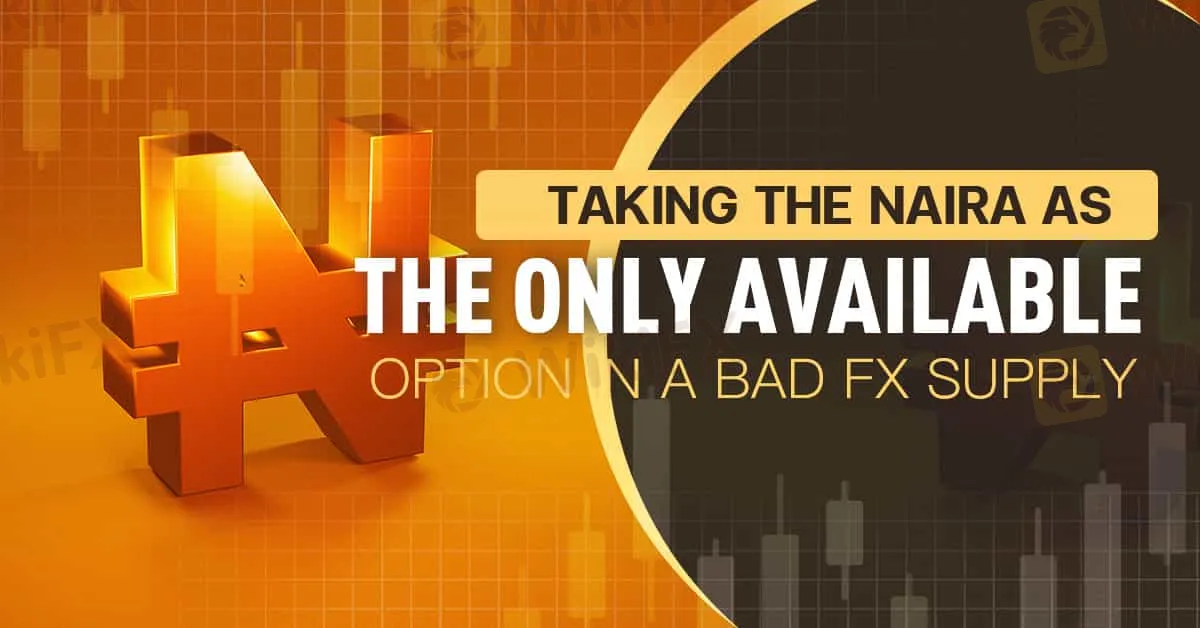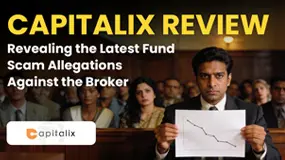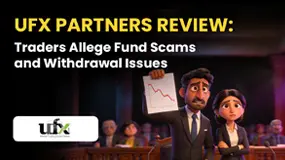Abstract:With the country's currency sinking and doing poorly overall, the government, people, and inhabitants of Nigeria are facing difficult economic times. This is most definitely not the ideal time for them.

With the country's currency sinking and doing poorly overall, the government, people, and inhabitants of Nigeria are facing difficult economic times. This is most definitely not the ideal time for them.
The economy has struggled to deal with ongoing currency shortages on the official and parallel markets, where trading volumes have progressively deteriorated, and over the last six months, the naira has fallen to a record low versus the dollar.
Worrisomely, the nation's problems seem endless since the regulatory and financial policies implemented by previous administrations to stop the depreciating Naira from further depreciating have all failed.
On Thursday, the black-market value of a naira was N1,150, while its buying rate was N1,140.
The backlog of unpaid FX, which is estimated to be worth $6.7 billion and is owed by the government to banks and corporations, is putting tremendous pressure on the foreign exchange market.
Even though the government intends to boost the naira forward market, clear up a backlog of dollar demand, and establish clear guidelines for the official market's operations, there are signs that things might not get better following the settlement unless the government makes a determined effort to punish dollar hoarders.
Notably, by continuously interfering in the FX market, the Central Bank of Nigeria (CBN) has spent billions of dollars to stabilize the value of the naira and lessen its effects on the economy.
In addition, it has initiatives, such as issuing regulatory directives to banks and bureau de change operators and working with the Economic and Financial Crimes Commission (EFCC) to stop other forex market transgressions like roundtripping and arbitraging.
Sadly, the majority of Nigerians think that these acts are merely a front for their lack of political will, clarity, and direction, as well as their uncertainty.
The lack of dollars is the main cause of the present forex crisis in Nigeria. Nevertheless, this does not explain the dynamics of a nation's currency's rise or decline.
A nation's currency is valued according to its level of productivity, the health of its economy, and its potential to export products and services and earn foreign currencies in return.
There is a good chance that a nation's currency will be strong if it produces goods and services that can be marketed internationally.
The Nigerian economy should take use of latent funds in Nigerians' possession to meet currency demand, says financial analyst Peter Imouokhome. When Nigerians are able to use their dollars to make money, the significant arbitrage that currently exists will be effectively eliminated. One to two weeks should be allotted for returning the dollar.
REMITTANCES DIRECTLY ENHANCE
According to data made public by the Central Bank of Nigeria (CBN), direct remittances to Nigeria totaled $1.855 billion in the first nine months of 2023, up 3.74 percent from $1.817 billion in the same period the previous year.
According to the CBN's “international payment” data, direct remittances totaled $79.2 million in January 2023, indicating a consistent flow of funds.
The CBN reports that remittances totaled $83.76 million in February, indicating stability in the economy.
A healthy amount of $138.6 million was recorded in March, demonstrating steady funding. Closely behind in April was a remittance of $159.04 million.
As the year went on, direct remittances to the country increased significantly in June to $297.4 million, indicating steady financial support; in July, direct remittances decreased to $241 million, maintaining a consistent financial inflow. In May, the nation saw an influx of $202 million, strengthening its financial stability.
According to a thorough analysis of remittances, August had the most inflow of remittances in 2023 ($591 million), while September had the lowest inflow ($71 million) for the opposite contract.
According to analysts, the improvement in the global economy, the lifting of restrictions on domiciliary accounts, and the rise in immigration will all contribute to the continued improvement in direct remittances.
Speaking, Mr. Ayokunle Olubunmi, Head of Financial Institutions Ratings at Agusto & Co., stated that there are more incentives to transfer money through the official channels and that he anticipates seeing an increase in the upcoming statistics in the months to come.
“You notice that with the gradual lifting of the various restrictions on the operation of domiciliary accounts, the channels in which you're sending it played a role in this increase,” Olubunmi stated. “Before, there were a lot of restrictions on the exchange rate used.”
Remittances and funds sent through the official method have both increased.
Second, we are also seeing the effects of our growing immigrant population. Because of the Japa syndrome, a lot of people there are settling down, and some of them will also be sending money to their dependents, friends, and relatives.
Thirdly, it is evident that many economies globally are gradually recuperating from the pandemic. As they progressively recover, Nigerians are earning more money, which has also made it simpler for them to send more money home to their siblings and friends.
“It is going to continue in the near future, especially since some of those who 'Japa' with loans will also be settling their families back in Nigeria once they settle down,” he continued.
Adedipe predicted that under the unified exchange rates system, Nigeria's GDP in US dollars would keep declining. He said that the country's heavily import-dependent economy and low level of domestic production would lead to unabated devaluation.
In this instance, he said, “a growing GDP measured in Naira will become irrelevant insofar as the exchange rate depreciates more quickly!”










